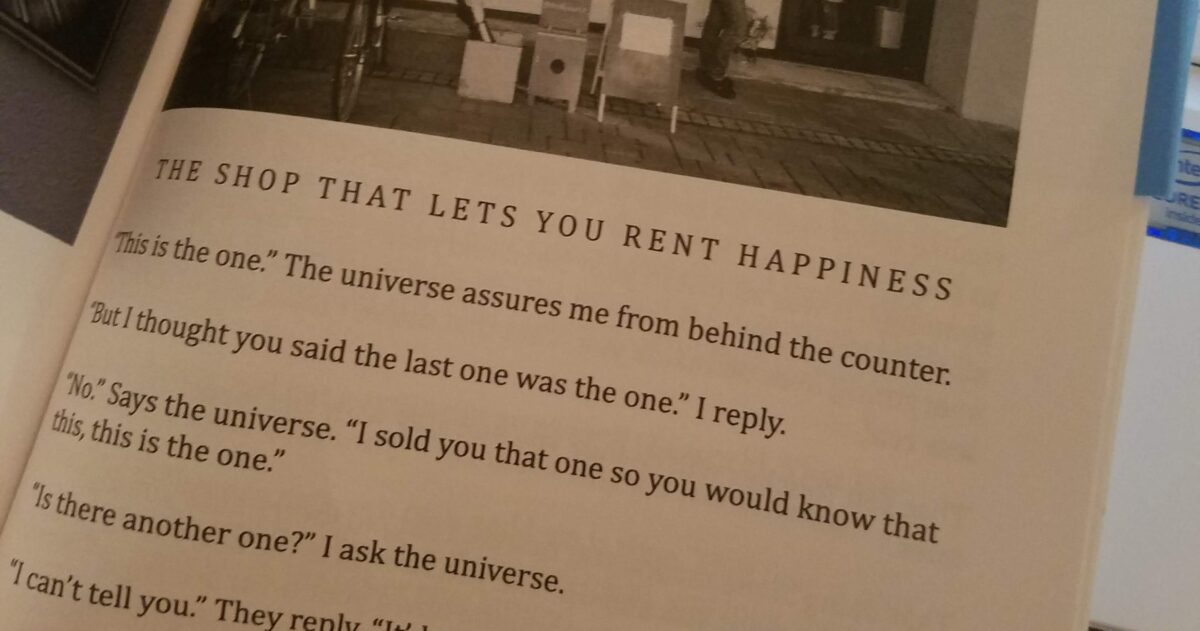The enemies to lovers, the comic relief and the unsuspecting hero—we are no stranger to these plot elements, character classifications and exhausted themes peppered throughout works of fiction. They’re taken and rehashed only to be told from an author’s imagination, thinking it can play off last season’s argyle sweater with a cashmere scarf.
Books are filled with tropes and we devour it anyway.
But was it refreshing?
Did your stomach churn like butter?
Did you weep like an underpaid Applebee’s waitress saddled with student loan debt?
How about your nails? Did you chew them off after that hair-raising scare?
I like playing with tropes because they’re understood on a superficial level, yet still render a chance for authors to personally connect with a reader on a newfound degree. Here are a few I like to hang my hat on:
1. Hot-Mess-of-a-Protagonist Trope
She has a personality on her, cilantro between her teeth, is in between careers and says “Sorry” over a dozen times to a man she hit with her oversized carry-on. Sure, she’s that adorable younger cousin you’d prefer to leave at home instead of taking her out to meet your friends, but I cast her anyway because she offers a wealth of room for creativity.
2. Mysterious Character Trope
One of my favorite ingredients in the character development recipe. I feel like the sky’s the limit here. Mysterious characters are infectious and there is a gamut of ways in constructing them. From a troubled childhood to a relationship that spawned trust issues, we can’t help but ask, “WHO HURT YOU? WHO HURT YOU, ERWIN?!”
3. Friend Zone Trope
Ah, the sidelines where bench warmers unite. You don’t get to play, but you sure are the loudest cheerleader!
Everyone likes a nice girl. He is so quick to friend her, but she doesn’t mind as long as she can get five minutes of his time in between classes as he fills her head with his latest crush. (Sounds like a YA novel.) Because let’s be real, he can’t look past her obsolete tomboy days redolent of baseball tees and armpit farts and the girl he used to build forts with when they were seven.
4. Star-Crossed Lovers Trope
Think Pocahontas or Brokeback Mountain. No matter how hard characters try to make sense of a romance, they just can’t in reality even though it makes better sense up there. Forbidden romances are tough pills to swallow, but there’s no better romance than one worth fighting and waiting for. Am I right?
5. Troubled Family Dynamic Trope
What do you remember from your childhood? Frederick Douglass once said,
“It is easier to build strong children than to repair broken men.”
It’s true that many capable and fully functional adults feel unfulfilled. Little do we realize that what did happen or what didn’t happen to us as children can greatly impact us later.
Characters are shaped by their upbringing. They don’t realize the weight of influence their youth has had on their adulthood. It goes without saying that family dynamics are complex in their nature and much more complex to flesh out in a novel, and by far, that has been one of the leading themes I struggle to tackle.
